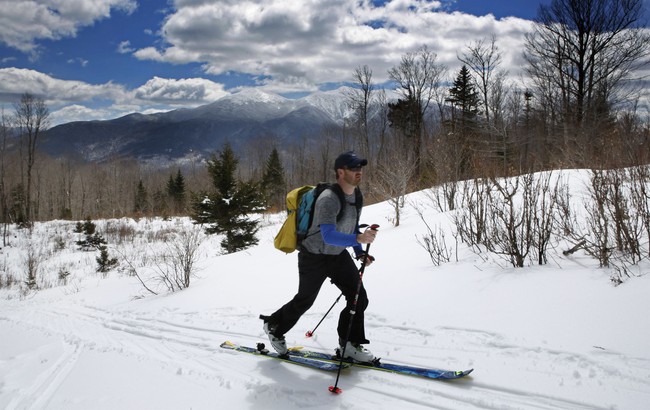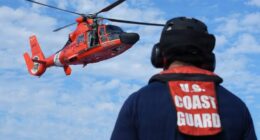Share this @internewscast.com

Exploring the wilderness requires a healthy dose of respect and preparation. While the allure of nature’s untouched beauty is undeniable, the risks it poses—particularly during the colder months—are all too real. Every year, there are stories of individuals who venture into these wild environments without adequate preparation, and the outcomes range from harrowing to tragic.
Recently, an alarming incident unfolded on the peaks of Mount Washington in New Hampshire. Around 20 individuals found themselves stranded, caught off guard by sudden whiteout conditions, necessitating a rescue mission to bring them to safety.
It appears that some adventurers place too much reliance on sheer luck, hoping the weather remains favorable. Fortunately, all those rescued from Mount Washington returned unharmed, though one can only hope they recognize the fortune that smiled upon them.
Such stories aren’t confined to a single region. I recall my early days in Colorado, when a chilling account surfaced about a family hiking with seemingly no awareness of an impending cold front. Ill-equipped with only light clothing and no means to ignite a fire, they were engulfed by fierce snow and rapidly dropping temperatures. Tragically, only their dog survived the ordeal.
The dangers posed by wild places are real, and our vulnerability to cold is significant. Humans, by nature, are ill-equipped for harsh weather without the aid of suitable attire and the ability to create warmth. It’s essential to remember these truths when embarking on any wilderness adventure.
Vilaine said that many were hypothermic and without gear “even near suitable for the conditions.”
It sure seems like some people just trust to dumb luck in these ventures, hoping the weather won’t turn bad. These people got back safely; one wonders if they know how lucky they are.
Some of the hikers even admitted it was “their first hike ever,” Vilaine said.
“Please don’t become a statistic and do your research before venturing out,” he said.
Mount Washington, New England’s highest peak, is known for its extreme and severe weather, earning it the nickname “Home of the World’s Worst Weather.”
This happens everywhere there are wild places. My first year in Colorado, I read about a family that had gone hiking – a mother, father, two children, and a dog – unaware of a cold front closing in. They wore only light clothing, had no way to start a fire, and got caught in heavy snow and plummeting temperatures. The dog was the only one that survived.
Wild places can be dangerous, and we humans aren’t really very well suited to cold weather, biologically speaking. We can only survive with proper clothing and, ideally, a way to start a fire.
















